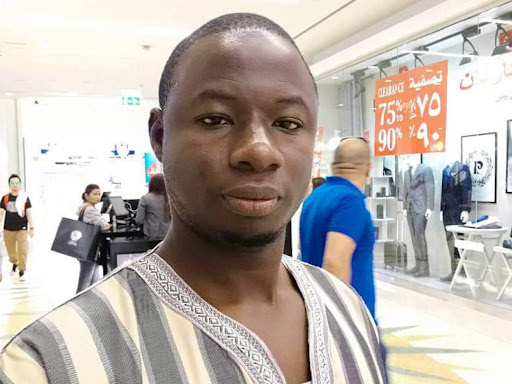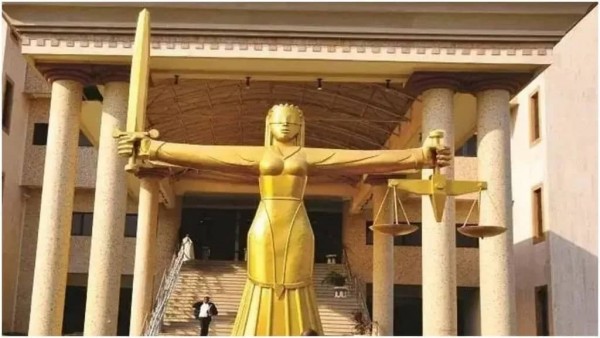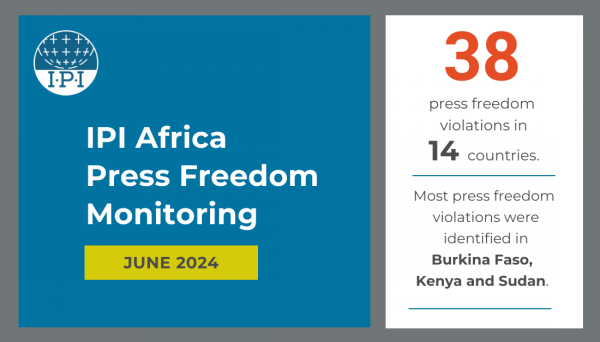The International Press Institute (IPI), the global network of publishers, editors and journalists, reiterates its call on authorities in Ghana to speed up investigations into the 2019 murder of investigative journalist Ahmed Suale and to bring those responsible to justice. Failure to do so undercuts commitments by the administration of President Nana Akufo Addo to respect and protect press freedom.
We remind the authorities that justice delayed is justice denied.
On January 16, 2019, Ahmed Suale, an investigative reporter working with the Tiger Eye team led by well-known journalist Anas Aremeyaw Anas, was shot dead by unknown individuals in a suburb of Accra, Ghana’s capital. At the time, he was part of a Tiger Eye investigation team that revealed corruption in African football right before the World Cup. Four years after this horrific murder, Suale’s family, friends and colleagues continue to mourn his death. And four years on, justice is still being denied to Ahmed Suale as part of a global trend of impunity for crimes against journalists.
Last year, the Ghana Journalists Association (GJA), on the third anniversary of the killing, reiterated calls for a speedy investigation. But another year has gone by, and no progress appears to have been made.
Media reports have raised questions about the government’s handling of the case from the onset. In 2021, Ghana’s attorney general said in a briefing to Parliament that Ahmed Suale’s phone had been flown to the U.S. for unlocking but also admitted that no case docket had been sent to his office by the police. And barely nine months after the murder, President Nana Akuffo Addo startled media defense groups when he seemed to suggest that there would not be a link between Suale’s work and his murder, raising concerns about the commitment of his administration to protect press freedom.
IPI sent an e-mail to the Ghana Police Service requesting an update on the murder investigation for this article. In a follow-up phone call, IPI was told that our request would be directed to the appropriate officer for further action. However, IPI did not receive a response to our request at the time this article was finalized.
“The investigations so far have been very slow. Aside from the initial steps taken by the police to interrogate ‘suspects’, Tiger Eye is not aware of any further action by the police”, a Tiger Eye member told IPI on the condition of anonymity. “We are yet to officially receive a status report on the matter, four years down the line.”
The person added: “It is puzzling to us that charges of aiding and abetting have not been pursued against persons who spurred on retribution against Ahmed Suale, which subsequently led to his gruesome murder. We ask the government to redeem its numerous pledges to bring this matter to a logical conclusion to save the drowning image of the country within the international space on press freedom.”
IPI urges the authorities to urgently scale up efforts to conduct a thorough and transparent investigation into the murder of Ahmed Suale and bring the culprits to justice and demonstrate the country’s commitment to press freedom and fundamental rights.
‘’Four years on, shockingly little has been done to investigate the murder of Ahmed Suale”, IPI Director of Advocacy Amy Brouillette said. “ If the government believes that the international community will forget this case, they are wrong. Failure to secure justice in this case is unacceptable and seriously tarnishes Ghana’s reputation for press freedom – the country that hosted the UNESCO global commemoration of World Press Freedom Day in 2018. The IPI global network stands with Ahmed Suale’s family and colleagues in demanding that those responsible for this murder be held to account.”



